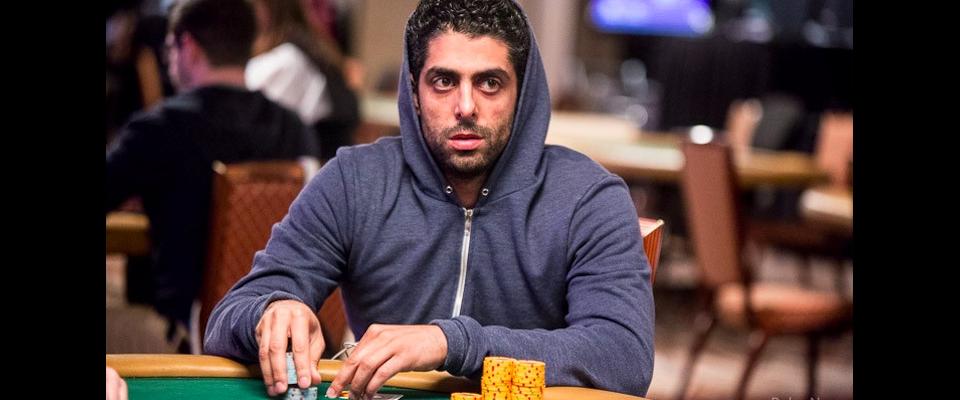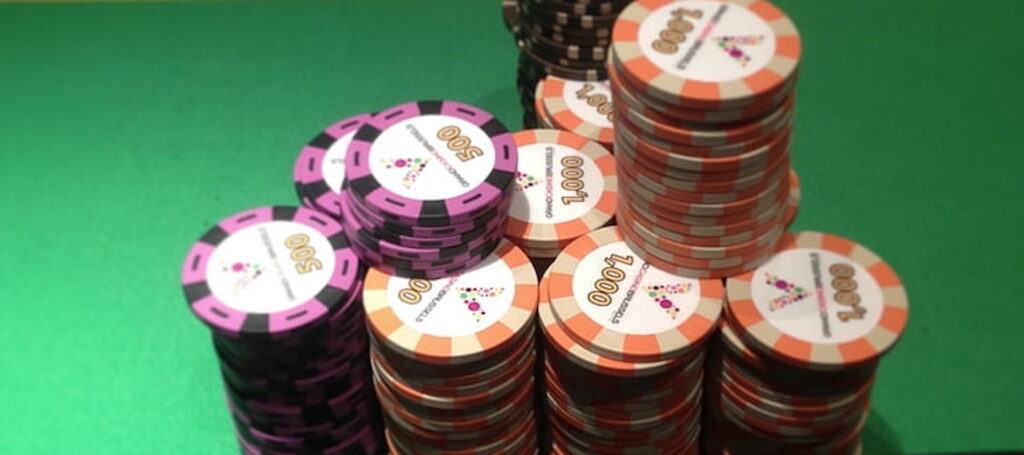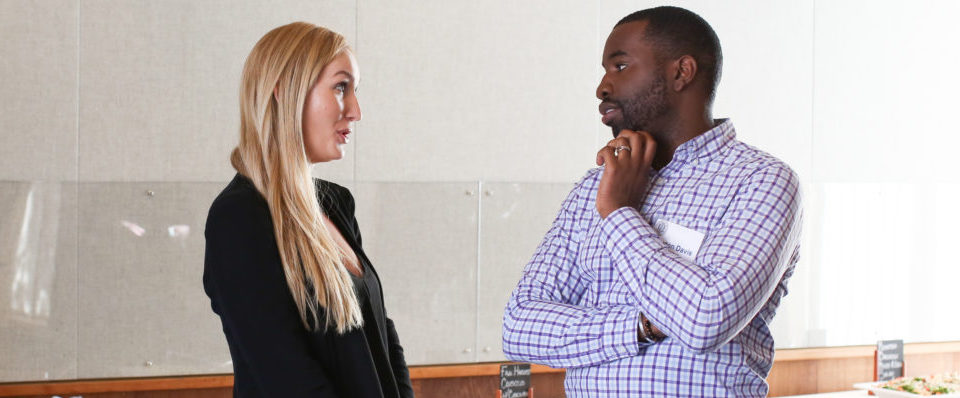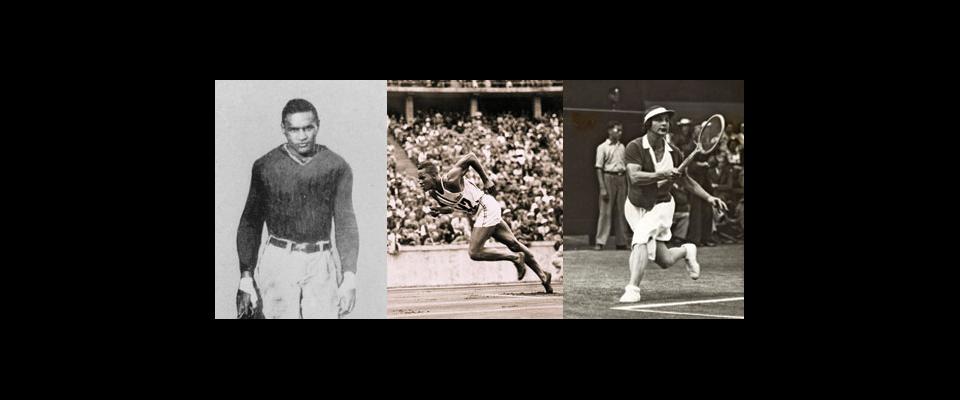What would be the ideal place to hone one’s skills as a poker player—the type of high-stakes player capable of winning the most prestigious tournament in the world? Vegas, you might imagine, or perhaps Monte Carlo.
Odds are you didn’t think of the UC Berkeley campus.
And what would that player be likely to do with his winnings? Buy a yacht, a Ferrari, a tiny tropical island?
Again, bet you wouldn’t guess he would use those poker profits to launch a successful startup that would become the Etsy of mom-and-pop florists.
Yet that’s exactly what David Daneshgar has done. The 2008 champion of a No-Limit Hold’em World Series of Poker event—who was once ranked #2 in the world and won millions during his four-year turn on the professional circuit—credits his card shark acumen largely to the expertise he gained when teaching the first-ever DeCal class on poker in 2003, during his final semester at Berkeley.
“At the time, poker wasn’t as popular as it is now, and I was worried that no one would show up. But 150 people came to Memorial Glade, and I had to narrow it down to 70 people,” he says. “When I started teaching the poker DeCal I learned more about the game than I ever knew previously. There is something about teaching 70 people that makes you think very deep because you don’t want to look like anything but an expert. As I was teaching I started adopting a more and more aggressive mentality in poker, which was rare in that day” although common in poker now.
One of the students in that class was Farbod Shoraka, his best friend and a fellow economics major. During their time at Cal, the two played their first online poker tournament in Moffitt Library. With Shoraka by his side, Daneshgar soon found his way to the 24-hour Oaks Card Club in Emeryville, a local institution since 1895. The real-world experience boosted his skills even further.
No one was surprised when he ditched a stint at Countrywide Financial Corp. a year after graduation and started spending his workweeks at professional poker tournaments instead.
Why does Daneshgar—who began playing out of boredom as a high schooler in Westlake Village, California—think he’s so good at the game?
“Playing poker is how I relax, unwind and disconnect,” he says. “There’s three things—first is that I’m decent at math and probability, which takes you from 100 contenders down to 50. The second is that I understand psychology, which gets you from 50 to 10. And lastly, I lose all concept of money when I play, which brings you down from 10 to 1.”
But for all his skills, Daneshgar had the itch to return to school, and left at the top of his game in 2008 to earn a MBA at the University of Chicago’s Booth School of Business.
Yet while he never lost his love for poker, Daneshgar didn’t think he’d find himself in a high-stakes game just three years later. This time, though, it wasn’t his professional poker reputation on the line, but the ability to help save the increasing number of small florists who were closing due to losing business from behemoths like Trader Joe’s and Whole Foods.

After spending months talking with small independent florists in Los Angeles, Daneshgar and Shoraka came up with a business plan to help the mom-and-pop flower ops get back on their feet via an online site that would enable anyone to hire local florists to prepare and hand-deliver bouquets in the same area as their recipients.
Their Santa Monica-based startup BloomNation has hosted online storefronts for more than 3,000 U.S. florists since it launched at the end of 2012, and is adding new florists every day. That’s good news for an industry that has lost almost a third of its ranks over the last 15 years.
But the company might not have been able to get its start if Daneshgar, Shoraka and fellow co-founder Gregg Weisstein hadn’t decided to bet the emerging company’s future on a poker game. In 2011, the trio needed $30,000 to hire a team of developers to get the first BloomNation site online—and found out that a Los Angeles casino just happened to be holding a tournament with a grand prize of, yes, exactly $30,000.
“The stars were aligned,” Shoraka says. So after they each chipped in to pay the $1,000 tournament entry fee, Daneshgar sat among 70 other poker players at the Commerce Casino while Shoraka and Weisstein camped out in the casino’s café to craft their business plan. By 2 a.m., only Daneshgar and one other player remained. His opponent placed his final two cards on the table. “When he saw my hand he mistook it for only one pair and thinking his two pair had won; he started celebrating with his friends and family,” recalls Daneshgar, whose hand actually beat two pair of Queens and sixes with two pair of Queens and nines. “I obviously knew I had won but had a stone cold face that made my partners worried.”
“The cards fell in place literally,” Daneshgar continues. “I turned to my co-founders—who were dejected since they thought I lost—and said ‘It’s flower time.’ ”
Fast forward a few years later, and after receiving $1.65 million in early stage venture capital from Andreessen Horowitz, CrunchFund and Chicago Ventures, Daneshgar and Shoraka say they don’t anticipate a need for new capital anytime soon. But they’re looking forward to doing just one more thing in their 16-person office to make their startup journey complete.
“Given that poker got us started, we’re going to forget about ping pong and get a poker table instead,” Shoraka says. “And if other companies give us slack, then we can always play ping pong on top of the poker tables.”





















